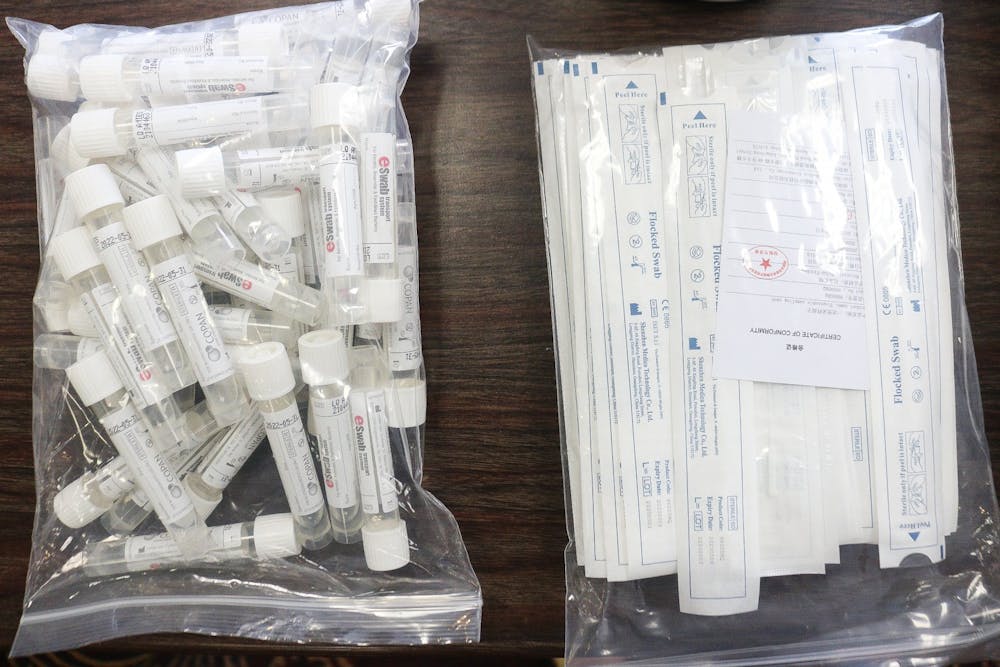Monkeypox: What we know as the virus nears Isabella County

***Editor’s note: This story will be updated as more information becomes available.
In response to increased monkeypox cases in the state, Central Michigan University Dean of the College of Medicine George Kikano issued a statement to the campus community in mid-August.
Monkeypox is a rare disease that is part of the family of viruses that causes smallpox but is unrelated to chickenpox, according to the Centers for Disease Control and Prevention (CDC).
Dr. Kikano said the milder of two strains is currently circulating in Michigan. As of Aug. 23, there are no known cases on campus or in Isabella County, according to the Michigan Department of Human and Health Services.
As of Aug. 23, the CDC reported 143 monkeypox cases in the state and MDHHS recorded the highest case count in the city of Detroit with 44 confirmed and probable cases.
CMU Health has developed a webpage on their site to provide information about the virus.
Monkeypox can begin with flu-like symptoms, followed by a rash or sores on the skin. Dr. Kikano said symptoms typically start within three to 17 days of exposure and can last two to four weeks. It can spread from the time symptoms start until the rash is fully healed and a fresh layer of skin has formed, according to the CDC.
The United States declared monkeypox a public health emergency on Aug. 4, mobilizing resources to mitigate the spread of the disease.
Who and how it infects
The CDC said monkeypox spreads through close, personal and primarily skin-to-skin contact. The virus can also spread when a person is in contact with contaminated material used by an infected individual. Respiratory secretions can also spread the virus during prolonged exposure, but Dr. Kikano said it cannot be spread through brief conversations or walking by someone with monkeypox.
The CDC estimates about 1.7 million men who have sex with men are most threatened by monkeypox.
Children under eight years of age, individuals who are pregnant or immunocompromised and individuals with a history of atopic dermatitis or eczema may be at an increased risk for severe outcomes from monkeypox, according to the CDC.
Treating and preventing the virus
Unlike in the beginning stages of COVID-19, there are ways to treat and prevent monkeypox. The CDC said the preferred vaccine to protect against the virus is the two-dose, JYNNEOS. It takes 14 days after receiving the second dose to reach its maximum protection.
The ACAM2000 vaccine is a single-dose alternative but is not recommended for people with severely weakened immune systems or certain conditions. It takes four weeks for its immune protection to reach its maximum and has the potential for side effects and adverse events, according to the CDC.
The World Health Organization (WHO) found that prior vaccination against smallpox is about 85% effective in preventing monkeypox.
According to the WHO, the case fatality ratio of monkeypox has recently been around 3 to 6%.
Currently, Michigan health departments are the only agencies that can provide vaccines per the state's monkeypox strategy. A CMU spokesperson said if students, staff or faculty think they are at risk of exposure, they should talk to their health care provider.



